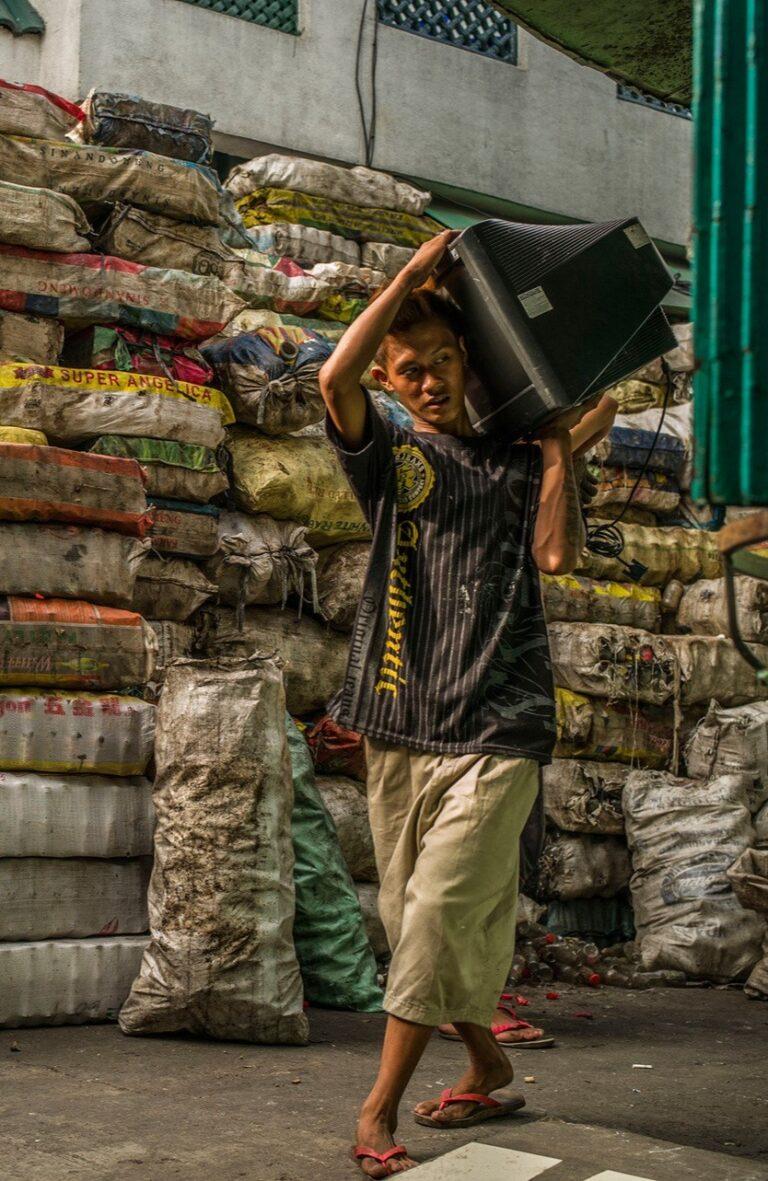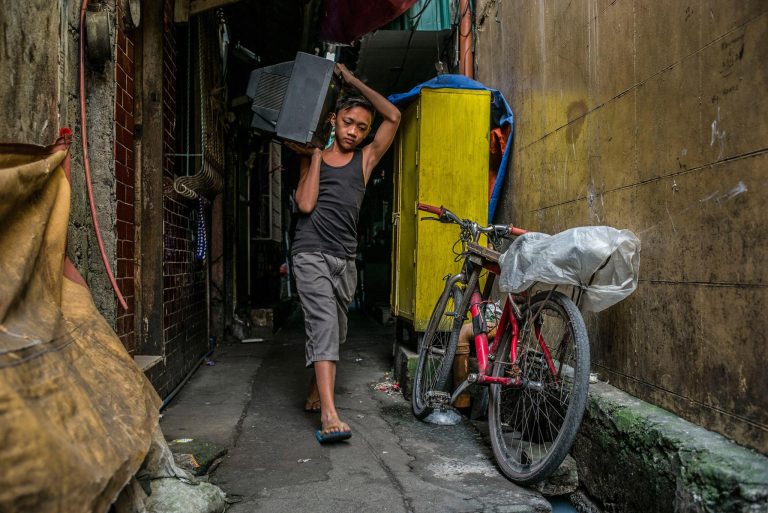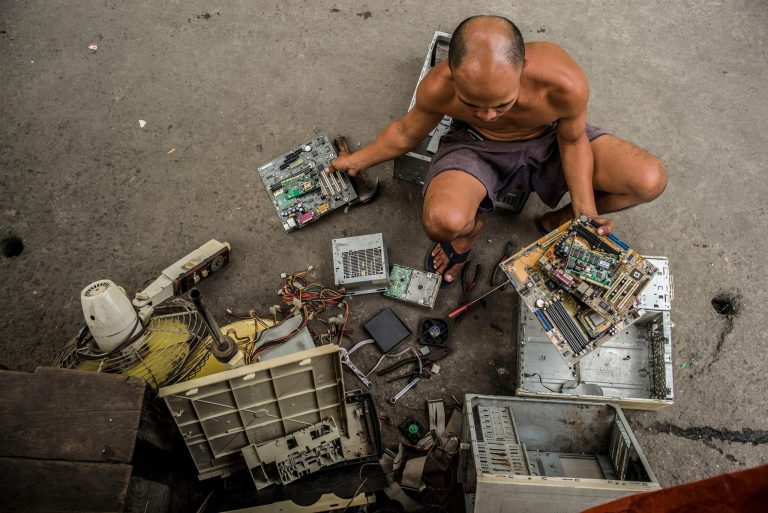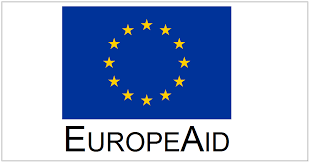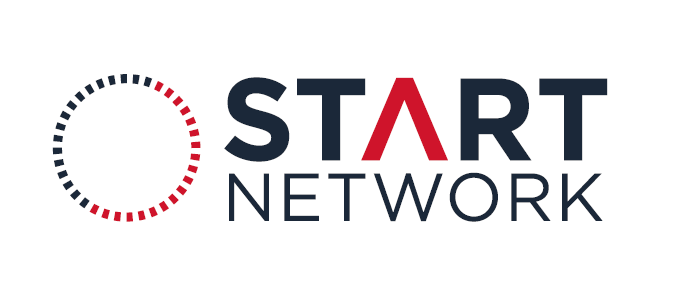In July 2020, Médecins du Monde in the Philippines launched a new humanitarian project in partnership with Community and Family Services International (CFSI). The aim was to help to protect and improve sexual and reproductive health and rights for young people between the ages of 10 and 24 in the city of Pasay, in the Greater Manila Area.
This three-year humanitarian project is targeted at 2,900 disadvantaged young people in 12 barangays in Pasay. The intention is to create an environment in which more young people use sexual and reproductive health services and there is better access to information.
The project is based on three priorities which are more relevant than ever in the wake of the impact of the Covid-19 pandemic:
Increasing young people’s independence and developing a participative, community approach by establishing a network of peer educators and volunteers (health mediators who can make links with the community) and organising health promotion sessions.
Strengthening the healthcare system and improving the availability and quality of integrated sexual and reproductive health and HIV services.
Developing knowledge through a study of sexual and reproductive health practices in the city of Pasay and promoting youth advocacy initiatives.
In 2021, Médecins du Monde conducted a survey of 400 young people which revealed that just 30% of them felt they could easily access the sexual and reproductive health services they needed. The rules imposed by the authorities in response to the pandemic meant young people aged 18 were not allowed to leave their homes. In addition, most clinics were focused solely on dealing with Covid-19, which limited the range of services available, especially regarding sexual and reproductive health. Médecins du Monde and CFSI therefore developed a home delivery service, supported by 6 peer educators and a network of 30 volunteers recruited for the project.
At the same time, Médecins du Monde developed and tested a new training course on ‘clarifying values and transforming attitudes’, aimed primarily at parents, teachers and local leaders. The aim of the training is to help them first to understand their own attitudes and values in relation to young people’s sexual and reproductive health and rights, so that they can provide better support to young people.
In addition, we worked in partnership with the Philippine Legislators’ Committee on Population and Development (PLCPD) to organise a series of online workshops aimed at young activists who want to learn about how to run an advocacy campaign on access to sexual and reproductive health rights and services.











